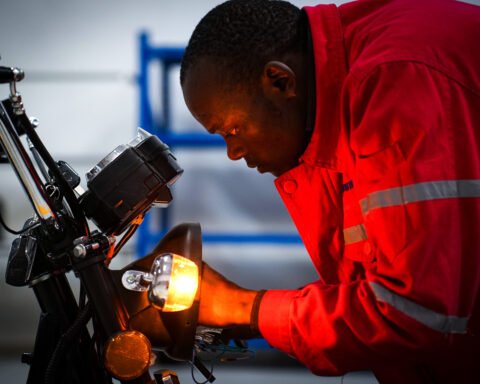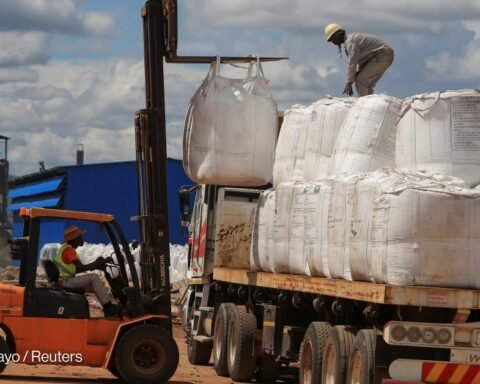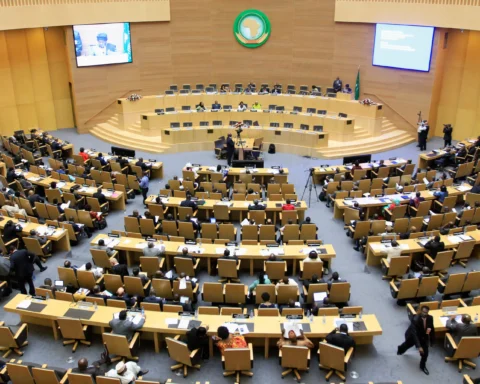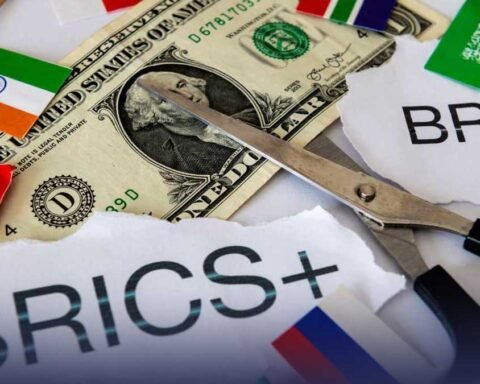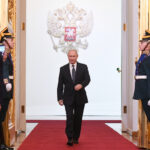For the first time in its democratic history, Tanzania will allow certain prisoners and detainees to participate in the upcoming 2025 General Election—a move being viewed by many as a significant step toward inclusive governance.
The announcement came from Ramadhani Kailima, Director of Elections at the Independent National Electoral Commission (INEC), during a national stakeholders’ meeting held in Dodoma, the country’s administrative capital.
Presidential Ballot Only for Eligible Inmates
According to Kailima, inmates and detainees with short-term sentences will only be permitted to vote in the presidential election, not in parliamentary or local government races. The electoral body cited security constraints as the reason for limiting voting inside correctional facilities.
No political party agents will be allowed to enter prisons to monitor voting—unlike regular polling stations—raising some concerns about transparency. However, INEC maintains that trained election officials will ensure the process is fair and secure.
“This is a bold and measured step forward in upholding civil rights without compromising institutional security,” Kailima stated.
Timelines for Candidate Submissions Set
Kailima also outlined deadlines for political parties regarding candidate nomination. Parties must submit the names of their parliamentary and local council candidates by September 28, 2025. For special seats (known locally as viti maalum), submissions must be made at least 30 days before election day.
Also Read; TRA Sets Deadline for Online Sellers to Register
INEC also noted that in constituencies where only one candidate remains due to last-minute withdrawals (within one to three days before the vote), the commission reserves the right to postpone the election. This would give officials enough time to adjust and reprint ballot papers.
Small Step, Big Symbol
Though the number of eligible prisoner voters is expected to be modest, the symbolic impact is significant. Human rights advocates have long argued that denying prisoners the right to vote is a violation of universal suffrage.
This policy aligns with trends in other African nations such as Kenya, South Africa, and Ghana, where prisoners are granted limited voting rights depending on their status or sentence duration.
“Voting is a constitutional right, not a privilege,” said a spokesperson for a local democracy promotion group. “This inclusion helps build a more representative nation.”
To ensure smooth participation and informed decision-making, INEC has authorized 191 civil society organizations to conduct voter education and monitor registration efforts across the country—including in correctional institutions.
This initiative is part of a broader effort to enhance transparency and trust in Tanzania’s electoral process.


